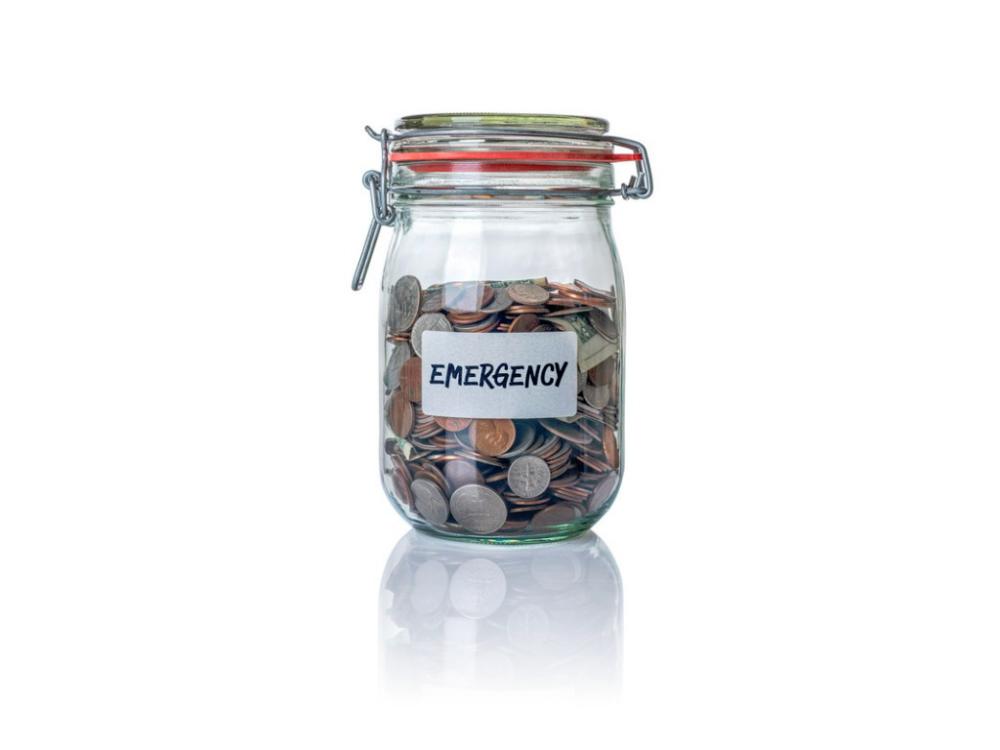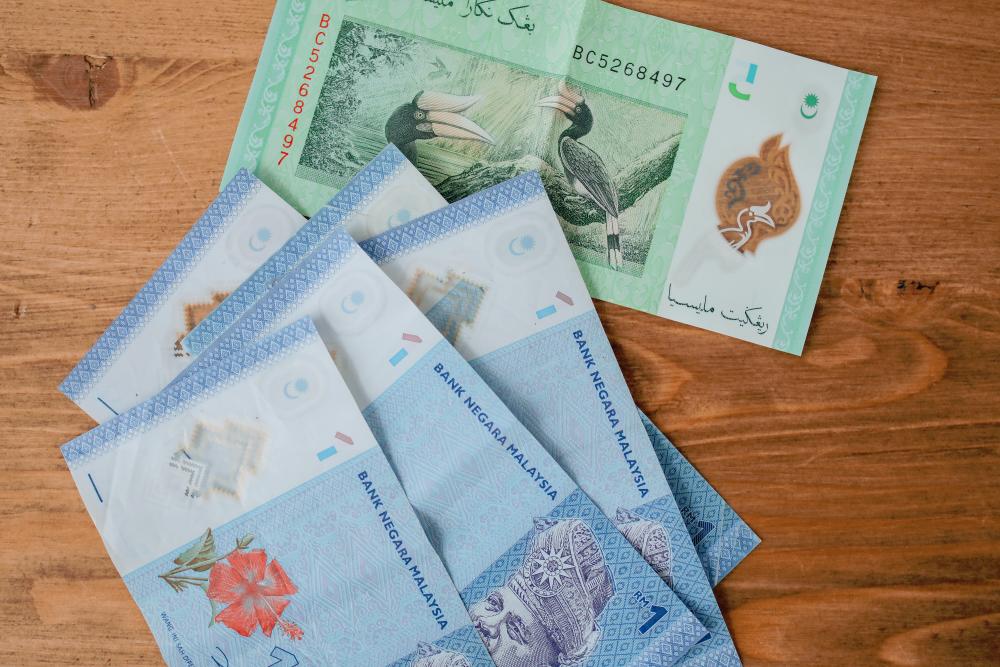While no one wants to bring up challenging topics like spiralling student loan debts, costly housing, or depressed job markets, people enjoy discussing the spending patterns of 20-somethings. However, keeping money in the bank might be a strategy for achieving your financial objectives. Millionaires have been known to criticise millennials for living carefree lives and eating avocado toast while the economy is at its worst since the Great Depression. While most people aren't aware that your 20s are the most crucial decade for your future financial stability. Here you'll discover 10 crucial strategies that will direct you to long-term financial independence!

1. Start Early
These emergency funds serve as your financial insurance if and when unanticipated life circumstances arise. For instance, if you experience a sudden job loss, medical emergency, or appliance breakdown. The stability of your work, your salary, and any debts you may have will all affect how much money you save in your 20s. The ultimate goal of your emergency savings should be about three to six months' worth of living expenses. Set a modest goal for your savings, such as allocating 2% of each salary to emergency savings for a period of six months. Always remember to save in a liquid, low-risk investment vehicle like a savings account to start. There are applications to aid you and provide earning interest on your savings account no matter how much you have deposited.

2. Get out of debt early
Make a list of all of your debts as a first step. Make sure you understand your student debts', credit card amounts, rates of interest, and minimum payment deadlines. When you have calculated how much you can realistically contribute to extra debt payments, go over your budget again. Keeping track of repayments when you have multiple debts of different sizes, banks, due dates, tenures and interest rates can be strenuous. A debt consolidation loan is great for simplifying multiple debts into a single facility. You can repay them at a lower interest rate and longer tenure to save on monthly instalments and have more disposable income.
Try this personal loan calculator to help you compare interest rates and monthly loan repayment. https://go.shopple.co/spbh0y

3. Shop Sales
The holiday season is the ideal time to purchase new home, office furniture or many other supplies. Everything is on sale, including apparel, laptops, and furnishings, and never overlook the clearance racks. Try using coupons, vouchers, cash-back options, e-wallets or even holiday deals to drastically cut your purchasing expenses.
Check out the best online shopping deals at https://go.shopple.co/sp9g4l

4. Budget, Budget, Budget!
Set aside time each week to analyse your finances, manage your budget, and create a plan. You should pay your bills (although the majority should be set up for auto-pay), update and check your budget, then attend to any other financial matters during your money date. You can start by adding a fun, exciting element to your financial life to help you stay engaged over the long term by referring to this designated time with your money as a “date.” This is to associate budgeting with something more positive, as it may be challenging initially, but good things always take time.

5. Eat more home-made meals
Eating out is expensive, but did you know that small purchases like coffee and pastries can have a significant negative impact on your entire spending plan? Imagine all the different ways you may cut costs from your food budget when you consider that the average person spends 20 ringgits on a cup of coffee in Kuala Lumpur, adding up to more than 1000-ringgit yearly. Even on lazy days, many inexpensive, 4-ingredient dishes can be made in advance. You may save a tonne of money on food each month by making even these minor improvements.

6. Start a side job/hustle
One of the key determinants of long-term wealth accumulation is income. After all, it is very challenging to save for your financial future if you don't make money. Therefore, if your salary level prevents you from saving as much as you would like to, concentrate on finding ways to eventually raise your earning capacity. There are numerous free online courses available, and anyone can learn new skills by just viewing YouTube videos as knowledge is priceless. An additional approach to this, is through side businesses. Find a side hustle to earn additional income besides your 9 to 5 job, this could be by freelance writing, grab deliveries, online marketing and many more.
Try earning from paid surveys and other digital products and services at https://go.shopple.co/spbnsx

7. Get creative when travelling
If you know how to manage your money, know visiting exotic locations does not have to be expensive and you don't necessarily need to win the lottery to travel the world either. Here are just a few suggestions on how to travel on a budget, including avoiding peak travel times, choosing accommodations wisely, planning ahead for flights, or even taking advantage of the public transportation there. Take risks! Remember if you do take the time to plan your trip, estimate your expenses, download a virtual wallet of money-saving apps, and also take the extra steps using points or cash back rebates to lower your out-of-pocket costs. Most importantly, enjoy yourselves.
Find travel and destination deals here https://go.shopple.co/sp9g4h

8. Do NOT overspend
While “wanting it all” is perfectly acceptable, problems can occur when you “want it all now.” This one might seem obvious, but spending more than you have is simple, especially when sweet payday arrives and the desire to shop for everything is strong. However, living paycheck to pay check is dangerous because it’s almost a guarantee that your car will break down or that you’ll incur a significant unforeseen medical expense in the coming months. Since you can never really predict what the world will throw at you at any time, being frugal when you do have the money will not harm anyone.









